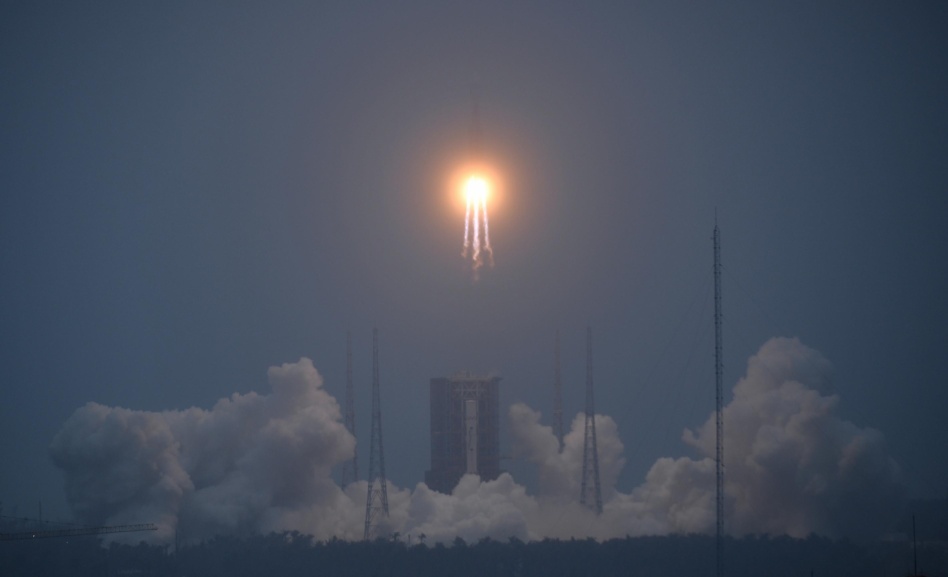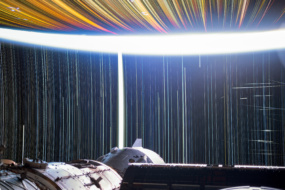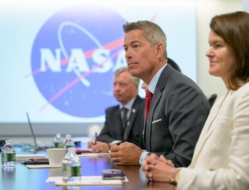The Chinese space agency has reportedly contacted NASA for the first time to avoid a collision in orbit.
China’s message to the US space agency urged the American spacecraft to stay put while Beijing maneuvered its own assets, NASA space sustainability director Drew Alvin said during a panel at the International Astronautical Congress, noting that it’s “the first time that has ever happened.”
Life is a highway: The US Commerce Department is working on a system, dubbed Traffic Coordination System for Space (TraCSS), to track spacecraft in orbit and help deconflict potential conjunctions.
However, it’s only as good as the data fed into the system. And missing self-reported information from one of the major operators in space—if China is unwilling to share information—is likely to leave those using the program with at least a few blind spots.
Top concern: China’s views on crowding and debris in LEO have come a long way. In 2007, China conducted an anti-satellite weapons test that produced 3,000+ pieces of debris large enough to track—some of which are still in orbit today.
However, as China’s operations in and reliance on space have grown—including plans for a SpaceX Starlink competitor, and a sovereign PNT alternative—so has its concern about LEO becoming unusable due to congestion or debris.
At IAC, Chinese officials reportedly telegraphed their concerns about crowding in LEO and orbital debris, and highlighted these issues as problems that deserved both Chinese and international attention to solve.




